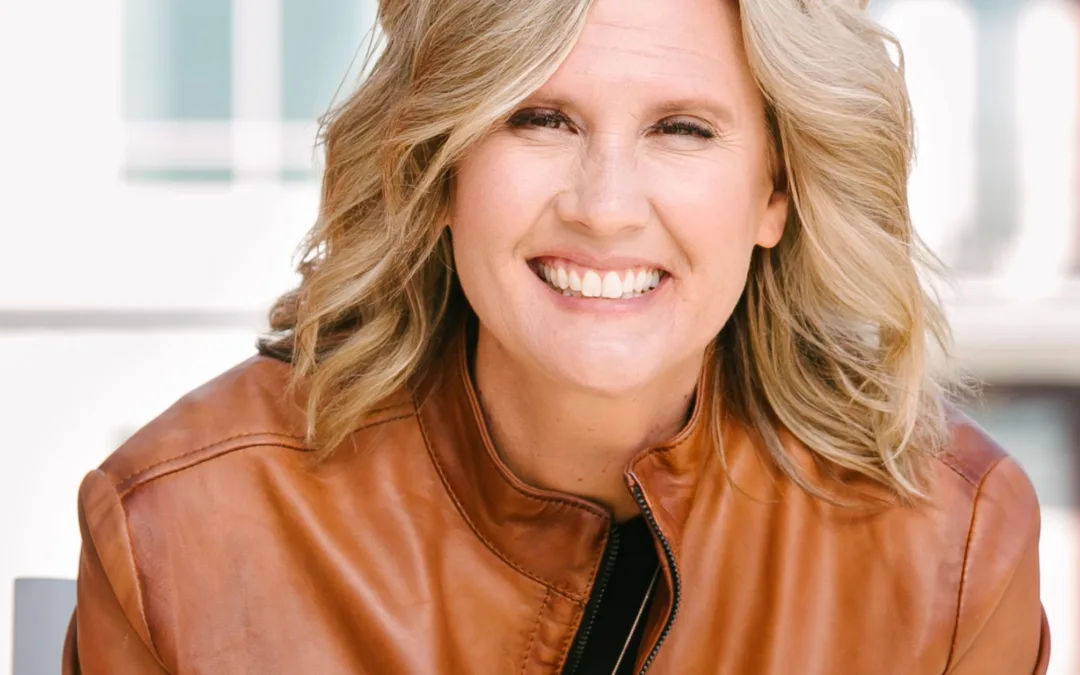
Feasting on the Word of God
I was sitting in a restaurant in the Newark airport on October 7, 2023. It was a lazy travel day as I was enjoying a cheese plate and waiting for my flight to Tel Aviv, Israel. I was headed there to join up with 300 people for our biblical study trip together. My phone lit up beside me to notify me that my flight to Tel Aviv had been cancelled due to “unrest in the region.”
My heart seized. I knew right then and there, sitting at that table in the airport, that something had gone terribly wrong. I’ve seen some news outlets say that October 7, 2023 was the singular bloodiest day for Jews since the Holocaust. I’ve heard it referred to as “Israel’s 9-11.” An attendant helped me book a return flight home to TN, and I read my Bible all the way home.
That was 9 days ago now. And I wonder why reaching for my Bible was the reflex, the instinct on such a dark day? It wasn’t to read or learn something. I reached for my Bible because I needed to interact with Someone. Jewish culture has gifted us with rich imagery when it comes to humans interacting with the Bible and the Living God of the Bible. It’s about feasting on the Scriptures, taking them in, letting them do their work in us.
We never simply read the Bible. We interact with it. It is living and active and so are we. It is life with life. It is dynamic. Whether you have thought of this or not, you have a relationship with your Bible. We are not orphans and we are not the fatherless. We do not have to scrape and scrounge our way through the Bible. The Living God as our Father has prepared the feast for us – we posture ourselves to receive it. A biblical passage I often pray as I open my Bible –
“I am the Lord your God,
who brought you up out of Egypt.
Open wide your mouth and I will fill it.”
Psalm 81:10
There are three concepts of interacting with the Word of God that have guided me for several years after studying in Egypt and Israel. These three ways of interacting with the Word of God and the Living God of the Bible quicken me, encourage me, convict me and remind me of the best and truest Story ever told – the Story of the Bible.
Feast
There are some interesting passages in the Old Testament where the Scriptures are referred to as tasting like honey. Psalm 19:7-10 says that the law of the Lord is “sweeter than honey, than honey from the honeycomb” (v.10). An angel told the prophet Ezekiel to eat the scroll, and Ezekiel said, “So I ate it, and it tasted as sweet as honey in my mouth” (Ez. 3:1-3). The prophet Jeremiah wrote, “When your words came, I ate them; they were my joy and my heart’s delight” (Jer. 15:16).
We want to take the Word of God in so that it becomes part of us. We carry it with us as it guides us, informs us and strengthens us in the journey of life. The Scriptures are to be enjoyed – processed, pondered, discussed and lived out in embodied faith. Great food is best experienced with great people. The Scriptures are best experienced together as a community. The Word of God is a rich table for us to gather around.
Hagah
The book of Psalms is by far the largest book in the Bible. The psalter opens with this grand pronouncement…
“Blessed is the one who does not walk in step with the wicked
or stand in the way that sinners take
or sit in the company of mockers,
but whose delight is in the law of the Lord,
and who [meditates] on his law day and night.”
Psalm 1:1-2
What image comes into your mind when you think of meditation? I often envision it as a quiet, contemplative practice. This word “meditate” in the Hebrew of the Old Testament is the word “hagah”. It carries the idea of growling – think of the way a lion growls as it devours its prey. It’s energetic, focused, active and all in. The psalter begins with the wisdom that the one who hagah’s the law of the Lord will be blessed. We are meant to devour the Word of God. In this, we too are blessed.
Parasha
I grew up in a Christian home where daily Bible reading was encouraged and practiced. We called it our daily “quiet time.” There is a Hebrew word called “parasha,” and it’s where we get the English word “portion.” The parasha is the portion of Scripture read in synagogue each week. I often think of the food practice of portion control. Yet again, we see rich imagery of taking in our portion of the Word of God, feeding on it and letting it have its way in us as we are being formed more and more as followers of Jesus.
Sometimes I attend a local messianic congregation for their Shabbat services on Saturday mornings. When the big Scripture scroll is taken out of the ark, the people begin rejoicing, celebrating, singing and dancing, welcoming the Word into their midst. They often stand for the reading of that day’s parasha. They reverence the presence of the Scriptures among them. When I go, I wait for this moment. It’s one of my most favorite experiences ever.
When it comes to our interactions with the Word of God, we never simply read it. We will never master the Scriptures. That’s not the point. God, as our Father, has given us the best and truest Story ever told in the Bible. We are invited to feast on it, to hagah it, to take in our daily portions (parasha) of the Word. As we experience the Scriptures and the Living God of the Bible, we find ourselves located IN the great Story. We have a part to play as the New Testament church. We are following Jesus, walking in his way and inviting heaven to earth.
Kristi McLelland is a professor, speaker and author of Rediscovering Israel. She teaches the Bible in its historical, cultural, geographic, and linguistic contexts. Kristi leads biblical study trips to Israel, helping Westerners discover the Bible within the context in which it was written. Keep up with Kristi on Instagram @kristimclelland or at KristiMcLelland.com

















